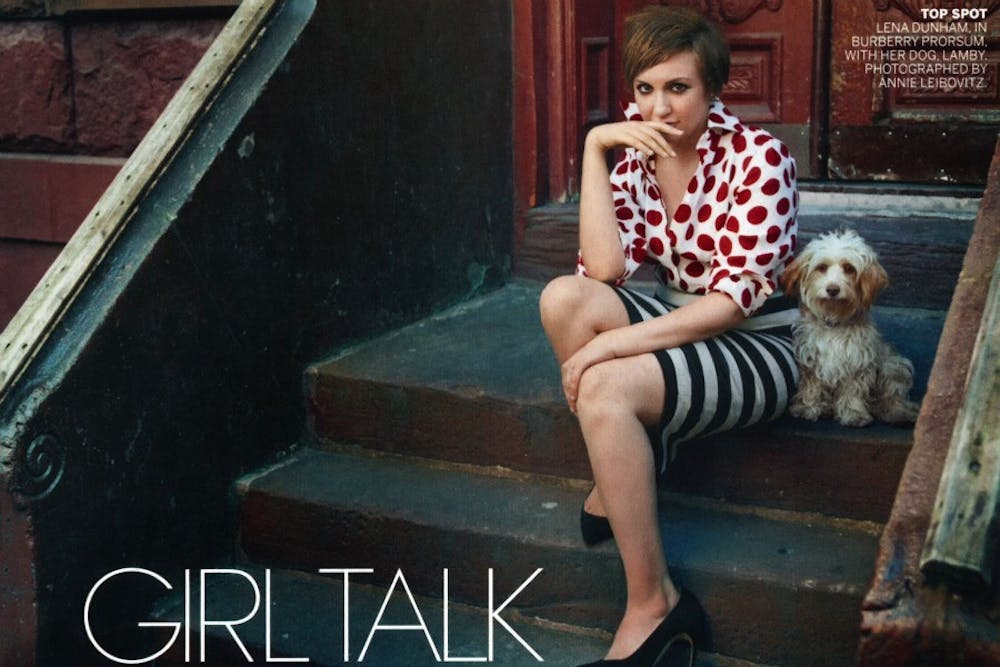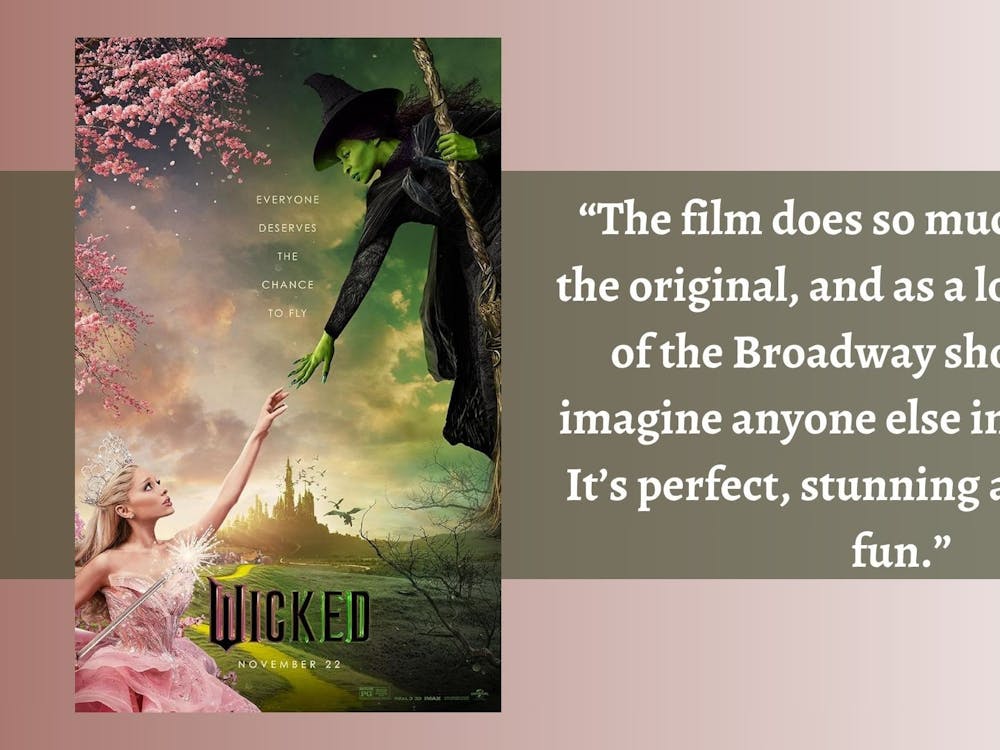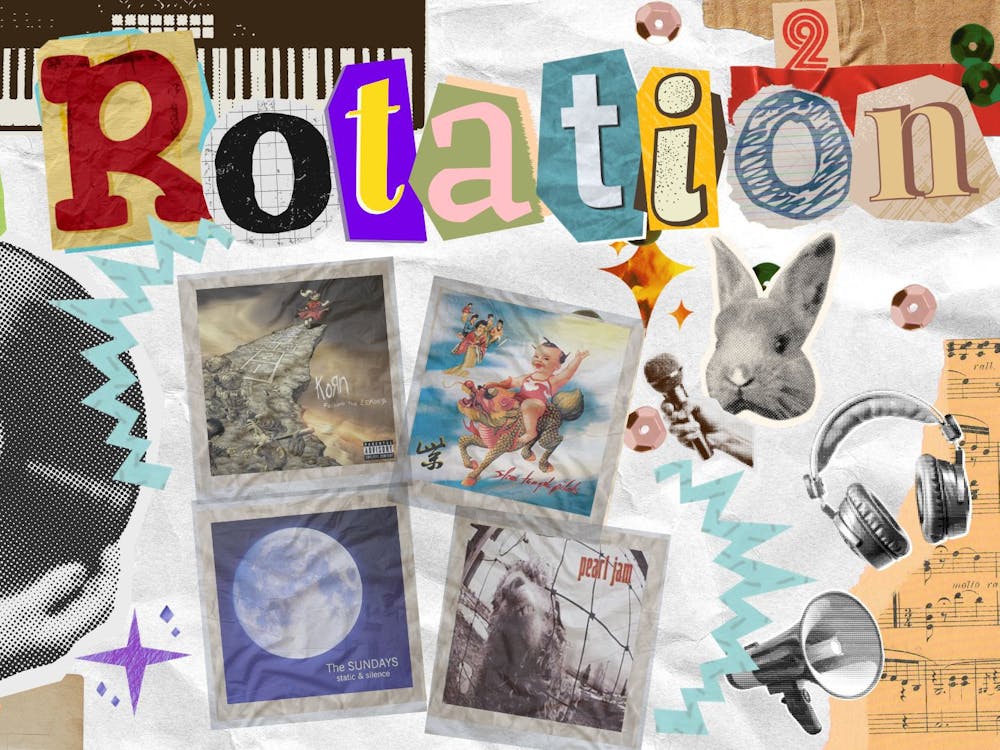Creative Commons photo
By Annabel Brooks, For The Miami Student
Lena Dunham is no stranger to stripping it down to the naked "truth." In her new book, "Not That Kind of Girl: A young woman tells you what she's 'learned,'" Dunham bares all, but it fails to be as intoxicating and engaging as her critically acclaimed HBO hit show "Girls," or her successful independently produced feature film "Tiny Furniture." Dunham's new book, released earlier this month, unfortunately lacks the subtle and witty comedic slant that makes her other entertainment ventures so successful. "Not That Kind of Girl" instead often induces grimaces rather than laughter.
The book is made up of a series of vignettes, all autobiographical and hardly any presenting ideas and tropes Dunham has yet to present to us before. Because the fundamental themes behind each of Dunham's essays seem so familiar, it is difficult for those of us who watch "Girls" to separate Hannah Horvath's voice from Lena Dunham's. This voice seems to be much more fluid and believable on the screen than on the page. Her tradition of being neurotic, insecure and out of control is much more interesting in interaction with the other characters in "Girls," rather than in isolation. Dunham's book is instead a self-aware bundle of prose wrapped up in a pretty ribbon.
This isn't to say that there isn't anything applaudable about Dunham's literary debut. There are several independent thoughts inserted throughout the book which exhibit Dunham's artistic control and expertise. At the end of her book, in the essay "Guide to Running Away," she presents step-by-step directions for disgruntled nine-year-old girls who have just had enough. While doing so she notes, "You've learned a new rule and it's simple: don't put yourself in situations you'd like to run away from," with the instructions of always being true to yourself, in the Nora Ephron style of accepting and celebrating your own quirky idiosyncrasies. The book ends with Dunham directing us to never stray from our true self, whoever that may be, "But when you run, run back to yourself, like that bunny in Runaway Bunny runs to its mother, but you are the mother, and you'll see that later and be very, very proud."
"Not That Kind of Girl" is an honorable stab at prose for Dunham. Her book presents a variety of ideas and themes that are, for the most part, interesting to reflect upon even if they are somewhat redundant. Lena Dunham's book of essays may not have lived up to its reported $3.5 million advance, but it certainly lives up to Dunham's name. While she may not be the universal voice of our generation, as Hannah Horvath expresses in "Girls," she is indeed "at least a voice."




